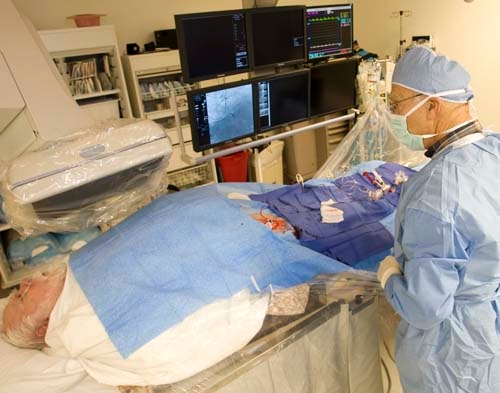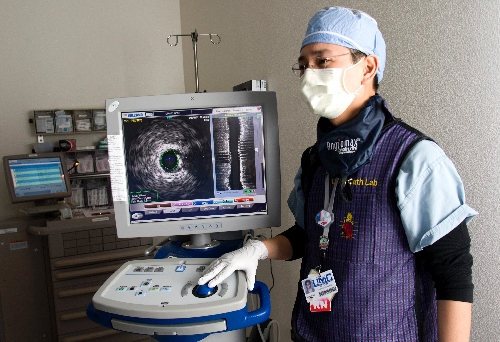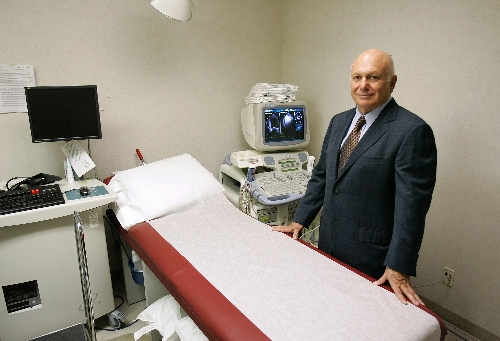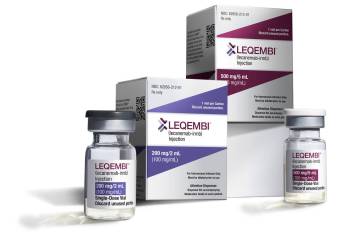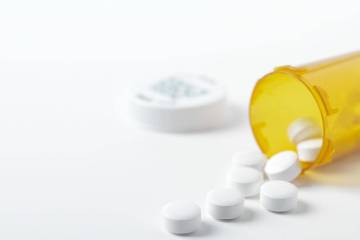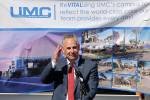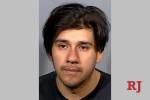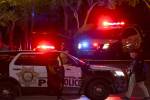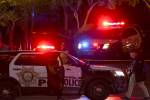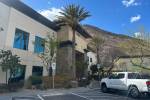Gift helps UMC modernize
Eighty-four-year-old Gene Stone lay on a table Tuesday in University Medical Center's new cath lab as cardiologist Dr. Stephen Savran began a procedure that would examine the blood flow to Stone's heart.
"Are you OK the way you are or do you want (us) to give you something so you can't feel anything?" Savran asked.
"Give me something," the patient from Pahrump replied.
Stone had been experiencing chest pain so his medical team recommended he undergo an angiogram, an X-ray that uses a special dye and camera to take pictures of the blood flow in an artery or vein.
A thin tube or catheter was placed into a blood vessel in Stone's left groin. Savran guided the catheter to the area to be studied and an iodine dye was injected into the vessel to make the area show on monitors.
"Look at how clear those digital pictures are," said Joy Guideng, the hospital's director of cardiovascular services.
Because of a recent combined $1 million donation from Dr. Anthony Marlon and UnitedHealthcare, the UMC cath lab expanded and moved firmly into the digital age, where test results are not clearer but are produced more quickly. On Wednesday, UMC's Marlon Cardiac Catheterization Laboratory will have its grand opening.
"Thanks to Dr. Marlon and United we can accommodate many more patients now," said Dr. Chowdhury Ahsan, UMC's chief of cardiology.
Marlon, 68, held Ahsan's job for 12 years before founding Sierra Health Services, Inc. in 1984. Sierra would go on to become a diversified managed health care company and was composed of a family of health-related subsidiaries including Health Plan of Nevada, the state's largest health maintenance organization.
In February 2008, Sierra and its subsidiaries became part of UnitedHealthcare. Marlon, who got United to match his $500,000 donation to UMC, was a consultant to the health care company until last year.
"I've done very well in my life and I'll always have a fondness for UMC," said Marlon, a multimillionaire who recently became chairman of the hospital's advisory board. "I started my career at UMC and have always been proud of what the hospital has struggled to do."
Marlon noted that the hospital, which is the only one in Nevada to win the prestigious Double Gold Awards, along with a Gold Plus Award, from the American Heart Association for heart related treatment, often is the subject of what he believes is unfair criticism.
"People always talk about the hospital losing money and yet 50 percent of the people the hospital serves have no means of payment," he said. "That means the hospital basically has no revenue source for 50 percent of its business. It's impossible. It's like trying to make gold out of lead. The hospital should be funded like the police and fire department."
Marlon describes the hospital's care as first rate. "Is there room for improvement?" he said. "Sure, there always is. But I have no problem with me or my family going there. My wife had some major surgery there. I've been hospitalized there."
Kathy Silver, UMC's CEO, said she hopes the $1 million gift will spawn more philanthropy toward the hospital.
"What's great about this gift is that it gives our patients better than or equal to the best treatment in the Valley," she said. "People have to remember we're about quality. If something should ever have happen to the president of the United States when he's here, we are the hospital designated to serve him. We've had the Secret Service detail here many times."
Patient Stone didn't really care whether the president would be treated at UMC or not.
All he cared about was to have the pain in his chest stop. It did after Savran's medical team placed a stent in a coronary artery to open it wider so Stone's blood could flow more easily.
"Thanks," Stone told UMC staffers as he left the hospital Wednesday.
Contact reporter Paul Harasim at pharasim@reviewjournal.com or 702-387-2908.



